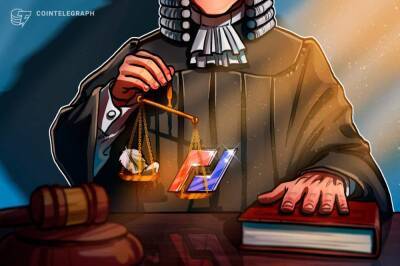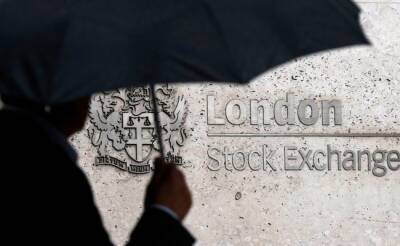Revealed: king of Jordan used Swiss accounts to hoard massive wealth
In 2011, as popular revolts reverberated around the Middle East, a monarch in the midst of it all made some banking decisions. Sometime that year, as neighbouring Egypt and Syria withered in the face of momentous civil protests, King Abdullah II of Jordan opened two new accounts with Credit Suisse, the Swiss bank that had discreetly served the region’s well-heeled for decades.
Abdullah, one of the world’s longest-serving current monarchs, had chosen a banker that shared his approach to secrecy, particularly surrounding his personal wealth. Over the next five years, the king was the beneficial owner of at least six accounts with Credit Suisse, while his wife, Queen Rania, had another.
According to a massive trove of data leaked from the bank that names both royals as account holders, one account would later be worth a remarkable 230m Swiss francs (£180m).
At home, King Abdullah had been experiencing a rocky ride. The revolts, which came to be known as the Arab spring, led to leaders being toppled in Tunisia, Egypt, Libya and Yemen, and a brutal, protracted war breaking out in Syria. Jordan, one of the region’s more efficient security states, was able to stave off a threat from a nascent opposition, through suppression of dissent and promises of better days.
But in the decade since, a struggling economy, persistent levels of poverty, high unemployment, cuts to welfare and seemingly ever-present austerity measures have continued to stir resentment across the country. One particular gripe has been the juxtaposition between the apparent wealth of the king and the constant grind endured by most citizens just to get by. As the IMF agreed to bail out Jordan, on the condition that its people tighten their collective belts, the king
Read more on theguardian.com





















